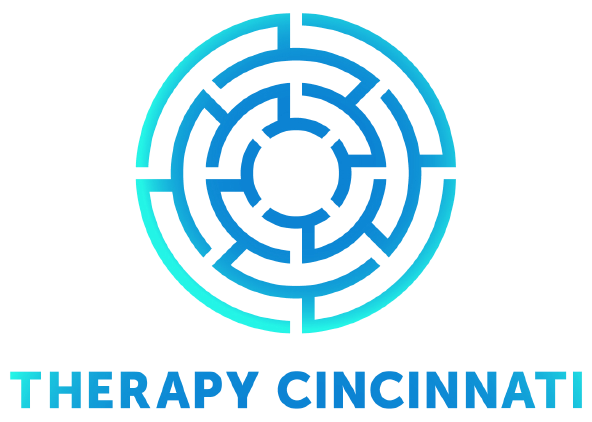Anticipatory anxiety is like a shadow that looms over us, casting doubt and fear about what lies ahead. It's a type of anxiety characterized by worry and apprehension about future events or situations. Unlike regular anxiety, which arises in response to immediate threats, anticipatory anxiety is triggered by thoughts or anticipation of potential future stressors.
Imagine you have a big presentation coming up at school, and you can't stop thinking about all the things that could go wrong. That feeling of butterflies in your stomach, racing thoughts, and tense muscles? That's anticipatory anxiety creeping in. It's your body's way of preparing for a perceived threat, even if it's not happening in the present moment.
Anticipatory anxiety often manifests as physical symptoms, such as headaches, stomachaches, muscle tension, or difficulty sleeping. These physical sensations can further fuel the cycle of worry and exacerbate feelings of anxiety. It's like a vicious cycle where the more we worry, the more our body reacts, and the worse we feel.
One of the challenges of anticipatory anxiety is that it can be hard to distinguish between legitimate concerns and irrational fears. While it's natural to feel some level of nervousness before an important event, anticipatory anxiety takes it to the extreme. It's like having a magnifying glass that amplifies every worry and worst-case scenario, making it difficult to see things clearly.
Anticipatory anxiety can also lead to avoidance behaviors, where individuals go to great lengths to avoid situations that trigger their anxiety. For example, someone might skip social gatherings, procrastinate on important tasks, or withdraw from activities they used to enjoy. While avoidance may provide temporary relief, it ultimately reinforces anxiety and prevents individuals from facing their fears.
The good news is that anticipatory anxiety is highly treatable with the right strategies and support. Anxiety therapists use techniques such as cognitive-behavioral therapy (CBT), to help individuals identify and challenge negative thought patterns associated with anticipatory anxiety. It's like shining a light on the darkness of worry, helping us see things from a more balanced perspective.
Mindfulness techniques, such as deep breathing, meditation, or progressive muscle relaxation, can also be helpful in managing anticipatory anxiety. These practices teach us to anchor ourselves in the present moment, rather than getting lost in worries about the future. It's like grounding ourselves in the here and now, finding stability amidst uncertainty.
Another effective approach used in therapy for anxiety is exposure therapy, where individuals gradually expose themselves to the situations or triggers that provoke their anticipatory anxiety. This process allows them to confront their fears in a controlled environment and build confidence in their ability to cope. It's like dipping our toes into the water before taking the plunge, gradually building resilience along the way.
Additionally, lifestyle modifications, such as regular exercise, healthy eating, adequate sleep, and stress management techniques, can help reduce overall anxiety levels and improve resilience to anticipatory anxiety. It's like building a sturdy foundation for our mental health, ensuring we have the strength and resources to face whatever challenges come our way.
It’s important to note that some anticipatory anxiety is normal. Where it becomes a problem is where it begins to affect our day-to-day life and the choices that we make. If you notice that you spend a lot of time worrying about upcoming events in your life, it can be helpful to talk to a therapist who has experience in treating anxiety.
Ultimately, overcoming anticipatory anxiety requires patience, persistence, and a willingness to seek support when needed. It's like embarking on a journey of self-discovery, where we learn to navigate the uncertainties of the future with courage and resilience. With the right tools and strategies, we can break free from the grip of anticipatory anxiety and embrace life with confidence and optimism.

